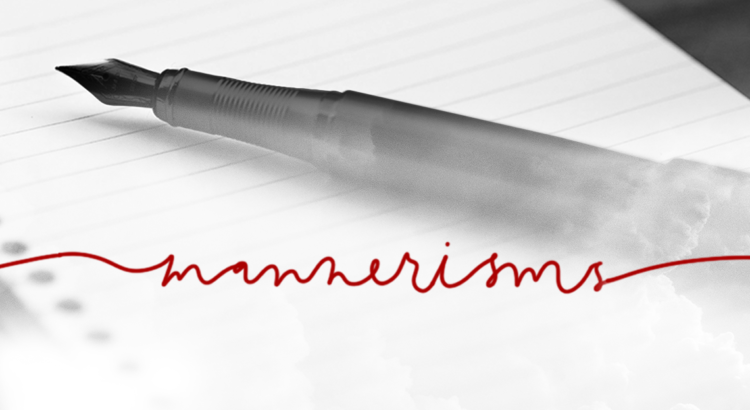She felt like a specimen on a biologist’s desk about to be dissected, insides revealed.
But she was being selfish.
It wasn’t all about her. It wasn’t about her hair or her clothes or what she wanted. It was about Rhys, and Irma, too, and Maw and Paw. It was about the house and the animals and the smithy and the copper awnings covering businesses all over town. It was about a legacy and a promise.
A promise Minette had been held to since the day she was born. A promise she could not break.
She blew out her candle, sinking into a collection of nightmares filled with disembodied hands touching her, pulling her taller and wider, ballrooms burning away, mirrors breaking when she passed them.
***
That morning, she awoke on time, ignoring Edric’s Tale on her nightstand. She went downstairs, kissed Maw on the cheek, and grabbed a chunk of goat cheese. She ate it while sitting in the back of the cart, watching Lumpy’s tail flick persistent flies away.
It was even hotter today than yesterday, and the whole world seemed to groan under it, Minette included. The cicadas were loud this year, and their cries sang of exhaustion. They made Minette feel like she was permanently caught between sleep and wakefulness.
They were their only cart large enough to haul from the mines, which also happened to be their shittiest cart. Minette felt straw and dirt and nails poke her in the butt, and the slightest pothole or pile of horse shit sent her flying. She held onto the cart with a white-knuckled fist, chewing at the inside of her cheek and trying valiantly to block out any and all of her thoughts.
At the mines today, she would pick a nice big lode of copper to take to the smithy and demonstrate her skills to the town in a masterpiece of some kind, probably a fancy awning. This would start her partnership with her father. And that would turn her future from molten metal, shape-changing and uncertain, into something solid, hammered down. Inescapable.







